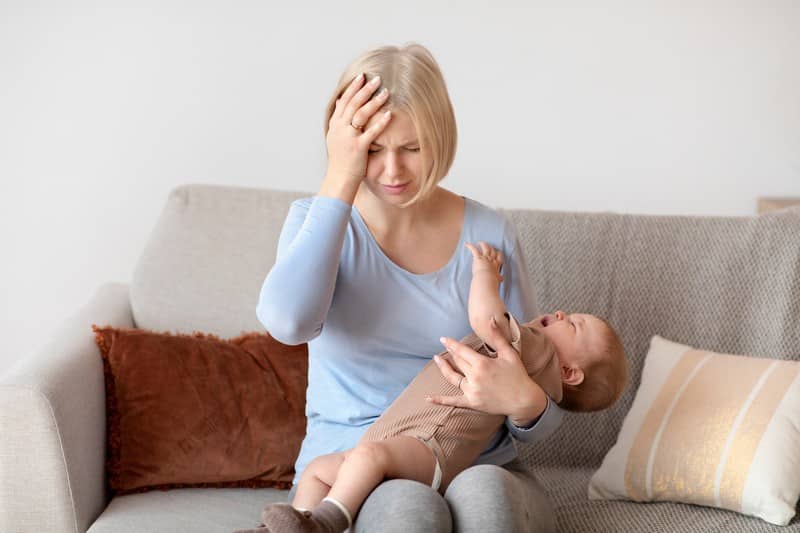Postpartum Depression

Perinatal or postpartum depression is a condition that usually starts after a baby’s birth. It’s a serious but common condition that affects at least one new mother in seven. The disorder can make a person feel down, emotionless, and empty. It can also cause exhaustion, mood swings, and hopelessness. It should never be taken for granted, as it can lead to many complications, including hallucinations.
While postpartum depression is severe, various treatment options exist to alleviate its effects. Research has found cognitive behavioral therapies to help relieve or ease the disorder’s symptoms. Studies also suggest that when used with medication, it can be even more effective. This therapy type generally involves strategies and techniques to change or adjust thinking patterns, implement problem-solving tactics to help cope with the situation, and recognize any thinking distortions.
Natural remedies like adopting a well-balanced diet, regularly engaging in exercise, and practicing meditative techniques like yoga and meditation have also been reported to help, especially when done in conjunction with more conventional treatment methods. But it’s best to defer to healthcare professionals’ expertise and seek loved ones’ aid when needed. Support groups may also help, so it’s recommended to join one if it’s necessary.










